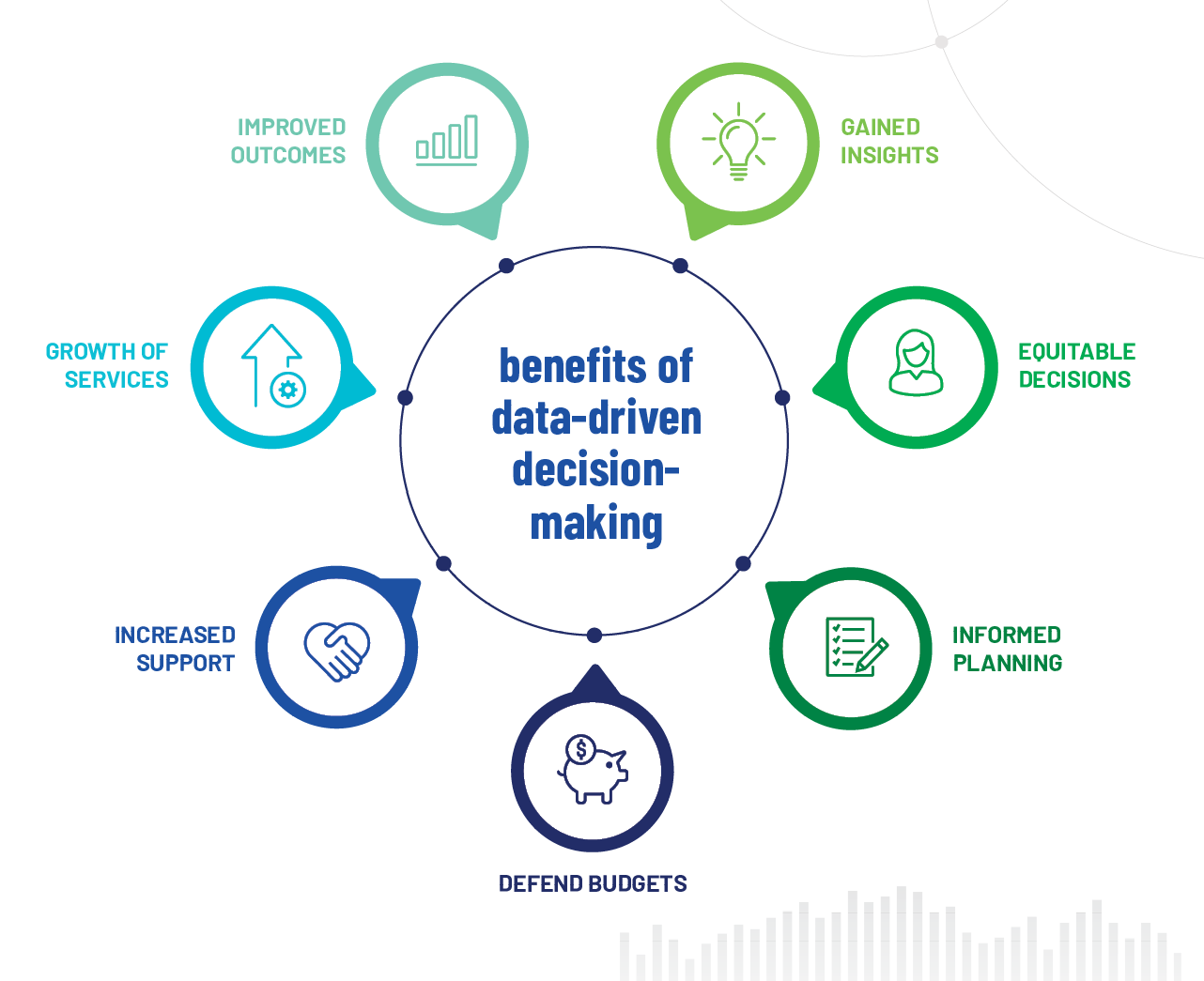Is instinct, that primal whisper in the mind, a reliable guide in a world drowning in information? Contrary to the popular narrative, over half of Americans often prioritize gut feelings over concrete evidence, a trend with profound implications for how we perceive reality and make decisions.
The allure of "intuition" the purported ability to discern right from wrong without conscious reasoning has woven itself into the fabric of our society. It's a concept lauded for its perceived wisdom, yet the reliance on it can often lead to misinformed choices, especially when confronted with the cold, hard facts. This article delves into the complexities of decision-making, examining the critical role of data and the power of informed choices in an era where information is both abundant and often misleading.
Consider the modern landscape of business, where success hinges on understanding intricate patterns and predicting future trends. In this arena, the days of relying solely on guesswork are long gone. Data analytics platforms and Business Intelligence (BI) tools have become indispensable instruments, meticulously gathering, analyzing, and interpreting information. These tools empower organizations to make data-driven decisions, optimizing efficiency, boosting flexibility, and fostering autonomy across departments. The benefits are tangible. By implementing a robust analytics platform, a company can witness up to a 30% increase in efficiency, coupled with greater agility in its operations and enhanced decision-making capabilities.
The value of data goes beyond mere efficiency. It is about the very way we understand the world. When analyzing market trends, for example, businesses often use line charts to compare key metrics, such as impressions and revenue across different groups. These charts provide a visual representation of complex data, enabling analysts to identify patterns, predict outcomes, and refine strategies over time. The ability to track these changes, often using time series data, allows for a deeper understanding of cause and effect, turning raw numbers into actionable insights. But to make data truly valuable, individuals must be given not only access to it, but also the skills to effectively leverage it. Organizations need to empower all individuals with the tools and knowledge needed to make informed decisions.
Consider the approach of Netflix, a brand that has consistently pushed the boundaries of entertainment. Every decision, from content acquisition to marketing strategies, is meticulously driven by data. As Jeff Magnusson, Manager of Data Platform Architecture, and engineer Charles Smith, articulated in their presentation, Netflix's data philosophy rests on three key tenets: a commitment to constant iteration and learning, transparency and openness in sharing insights, and the recognition that there are limits to our knowledge. This commitment to data-driven decision-making is a cornerstone of their success, illustrating the shift from guesswork to an evidence-based strategy.
Take for example a hypothetical individual, Sarah Chen, a leading Data Scientist. Let's delve into her background and professional journey, illustrating the dedication, skills, and mindset required to thrive in the data-driven world.
| Category | Details |
|---|---|
| Full Name | Sarah Chen |
| Date of Birth | June 12, 1988 |
| Place of Birth | San Francisco, California, USA |
| Education |
|
| Career Highlights |
|
| Key Skills |
|
| Notable Projects |
|
| Awards and Recognition |
|
| Publications |
|
| Reference | LinkedIn Profile (Hypothetical Example) |
The reliance on data is also reshaping another critical sector: agriculture. Agriculture is a cornerstone of global food security and economic development. Faced with a growing population and the challenges of climate change, the industry is turning to innovative solutions to boost crop yields and optimize resource use. The integration of precision farming, which leverages Machine Learning (ML) and the Internet of Things (IoT), offers a promising approach to address these critical challenges. Data from sensors, drones, and other technologies can be used to analyze soil conditions, monitor crop health, and optimize the application of fertilizers and other resources. This allows for more efficient farming practices, minimizing waste and environmental impact while maximizing productivity.
Consider the intricacies of optimizing crop yield in agriculture. Machine learning algorithms can analyze vast datasets to predict optimal planting times, irrigation schedules, and fertilizer applications. The goal of this would be to improve overall yield while minimizing environmental impact.
The creation of an integrated crop and fertilizer recommendation system is crucial for this purpose. Such a system could analyze soil data, climate conditions, and crop characteristics to provide personalized recommendations for farmers. These systems not only improve yields but also reduce the environmental impact of farming, paving the way for sustainable agricultural practices.
The path forward lies in empowering individuals with the tools and knowledge to leverage data effectively. This is more than just providing access; it is about fostering a culture of continuous learning, where insights are shared and refined. As the understanding of data evolves, so too should the capacity to act on that knowledge. By embracing data-driven decision-making, industries and individuals can make more informed choices, improve efficiency, and shape a more sustainable future.
In a world often swayed by the allure of intuition, the power of data-driven decisions is crucial. While the gut feeling may have its place, the capacity to analyze information and make informed choices is indispensable. The best results will come through learning in public, transparency, and continuous growth.


-jpg.jpeg)